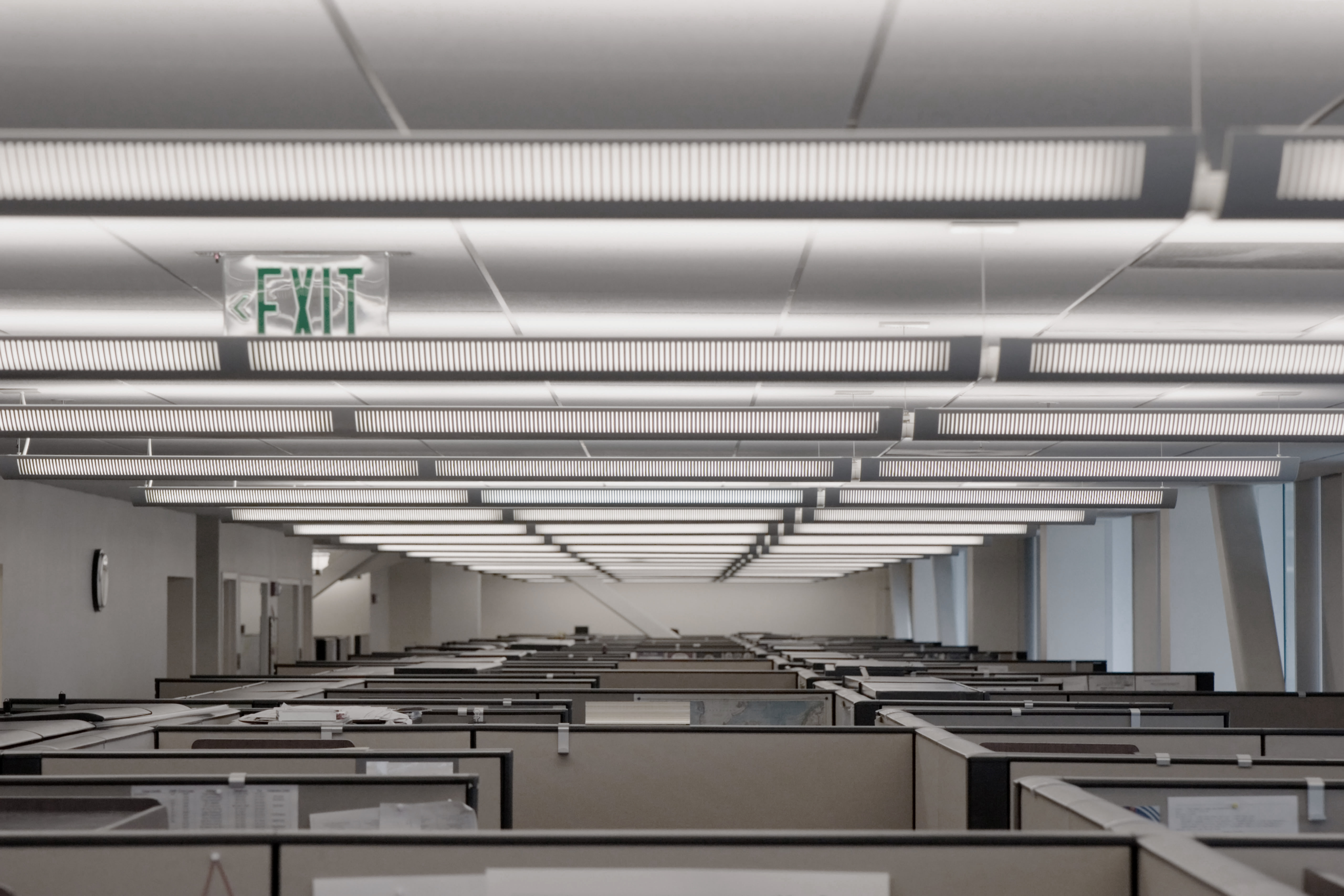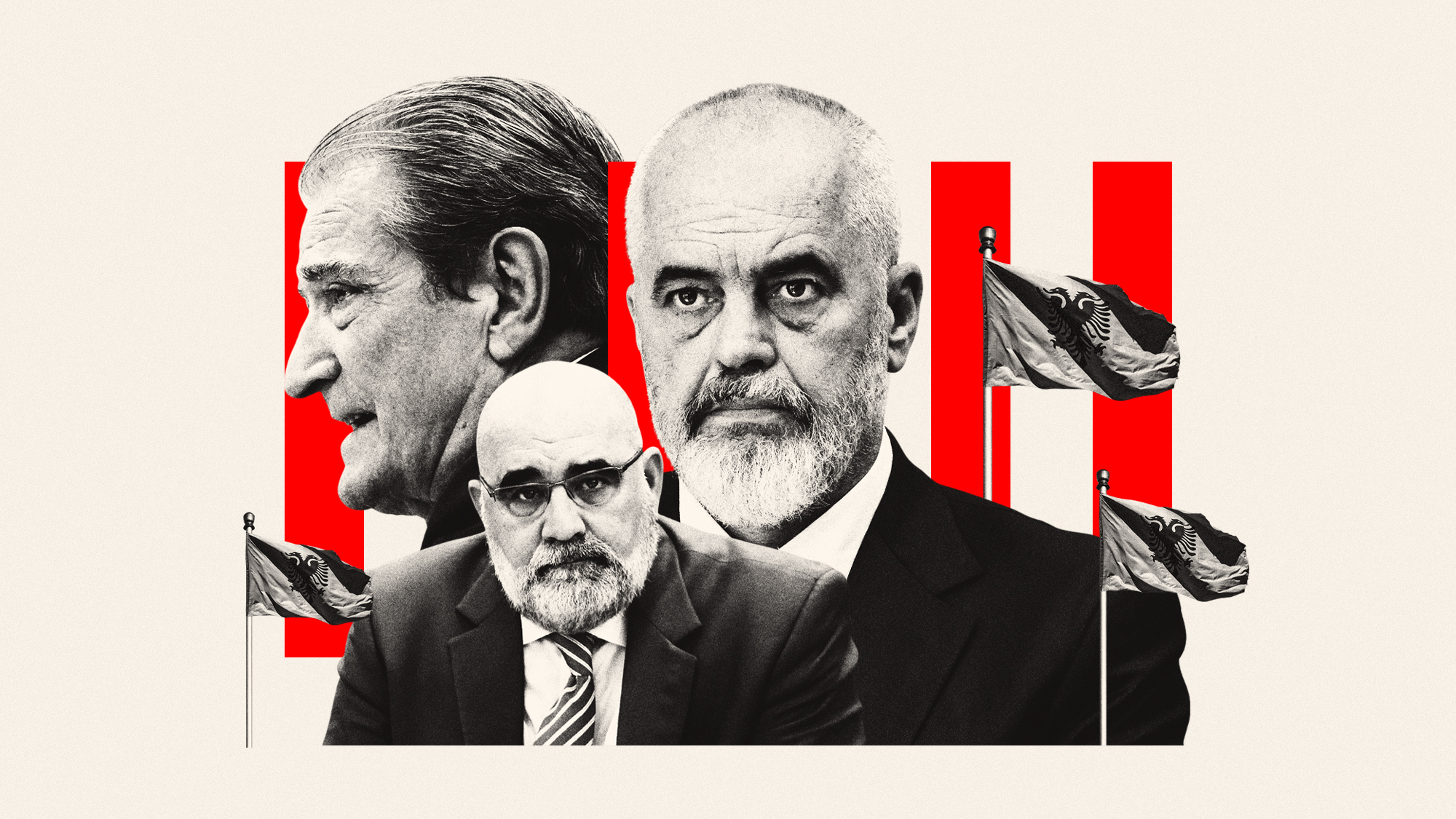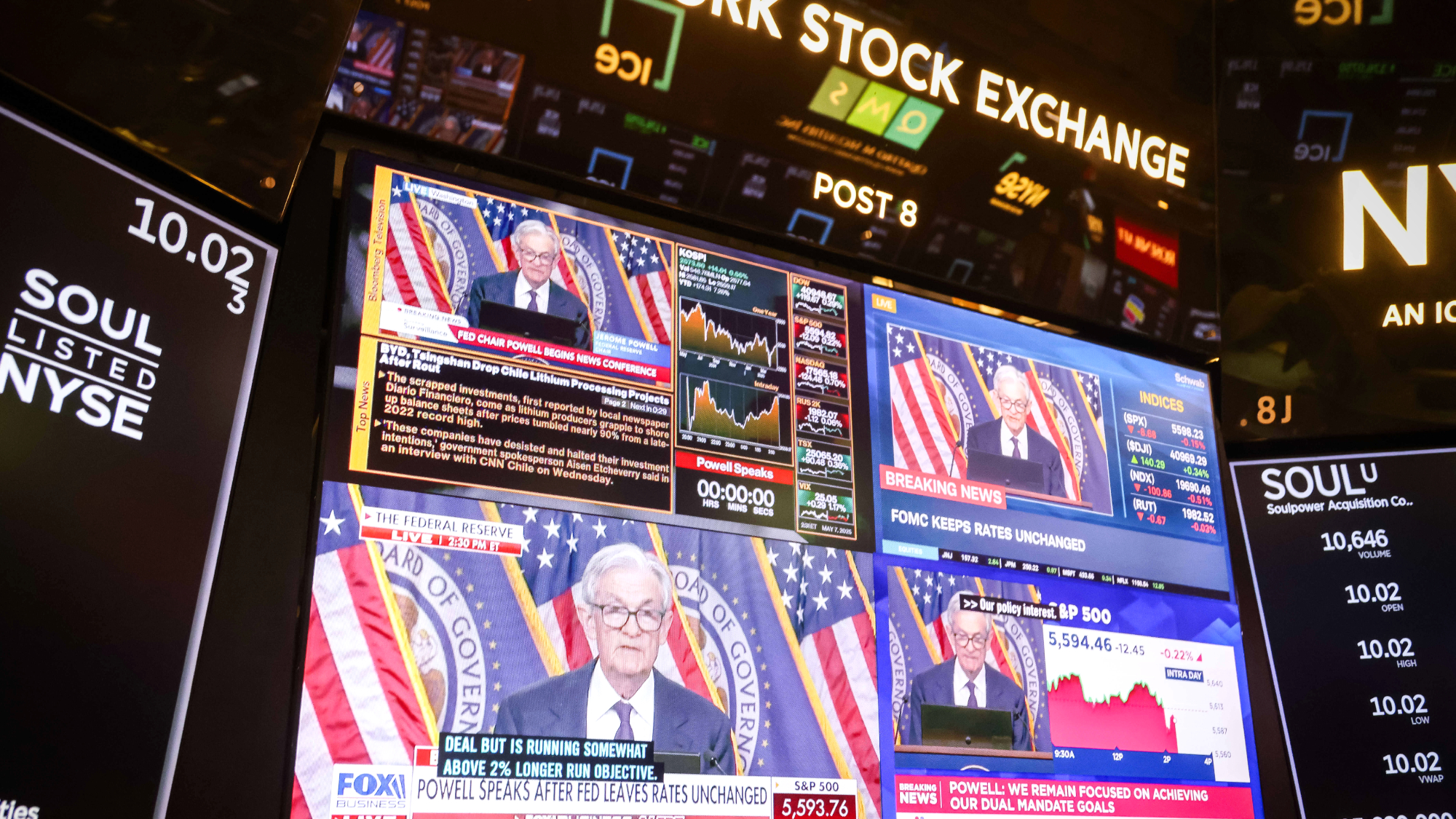Your job is killing you
The workplace has become the fifth leading cause of death in the U.S. Here's why.


Not being a big fan of your job is a pretty common human experience. But for many Americans, a job is worse than an unpleasant duty. It's a death sentence.
Stanford business professor Jeffrey Pfeffer has actually been pounding away at the profound unhealthiness of the American workplace for years. He's written a whole book about it, as well as conducted research with colleagues. "In total, workplace environments in the United States may be responsible for 120,000-excess deaths per year," Pfeffer wrote. That would make workplaces the fifth leading cause of death in the country, accounting "for about $180 billion in additional health-care expenses, approximately 8 percent of the total health-care spending."
Here's the thing: Pfeffer and his colleagues aren't talking about hazardous work environments with chemicals or pollution or heavy machinery. Those issues certainly matter as well. But the problems they're getting at are work's mundane anxieties: layoffs or the fear of layoffs, long hours, chaotic schedules, work-family conflict, low pay, demanding jobs, that sort of thing. They're the things we all might think of as work's everyday gripes and struggles — and dismiss with a shrug and a sigh of "that's life."
Subscribe to The Week
Escape your echo chamber. Get the facts behind the news, plus analysis from multiple perspectives.

Sign up for The Week's Free Newsletters
From our morning news briefing to a weekly Good News Newsletter, get the best of The Week delivered directly to your inbox.
From our morning news briefing to a weekly Good News Newsletter, get the best of The Week delivered directly to your inbox.
Pfeffer's argument rests on three steps: First, as much as three-fourths of health-care costs in the United States are due to chronic health problems like cardiovascular disease and diabetes. Bound up with that are a lot of unhealthy behaviors like overeating and not exercising enough, and using drugs and drinking too much.
Second, a large body of research suggests that stress is a major driver of all these problems.
Third, research also says the single biggest source of stress in American life is — you guessed it — our jobs.
Unfortunately, there's no national data set in which Americans first report the stressors they experience at work, then their health problems. So Pfeffer et al. conducted their research by examining 228 different papers, which look at different workplace stressors and different health consequences. Then they combined all of it into a model that estimates the resulting deaths and health-care costs, compared to a world where workplaces didn't have these problems.
Obviously, this sort of work must be taken with the grain of salt that correlation does not equal causation. Still, the sum total of the literature is striking.
Not surprisingly, the elephant in the room is not getting health coverage through your job. That obviously makes treatment unaffordable. But living with the day-in-day-out insecurity is also a big source of psychological stress.
Another big deal is layoffs. Losing your job can double your associated risk of depression. Your chances of dying in the first four years after a layoff go up 44 percent, and your chances of death by suicide or alcohol use double. If you successfully find a new job, you're still almost guaranteed to develop new health problems compared to people who weren't laid off. And even for that latter group, just seeing colleagues lose their jobs correlates with health woes.
Long hours and chaotic schedules significantly increase the risks of hypertension. They also make mistakes on the job more likely. Equally harmful is work-family conflict, which correlates with various mental health problems, and substance abuse in particular.
If you have little say over the terms of your employment, but also face tough demands at work — a situation the literature refers to as "job strain" — you're twice as likely to die of cardiovascular disease compared to workers who face low job strain. Same goes for workers who face low pay and poor career opportunities, but also have to put up with demanding work. In fact, just having to put up with general unfairness increases the risk of mental health problems, sick days, and overall poor self-reported health status.
Needless to say, it's Americans of color and those with less education who bear the brunt of these problems, as they're the ones who get sorted into the worst and most exploitative jobs.
Pfeffer and his fellow researchers also compared America's situation to Europe. Work conditions, schedules, pay, benefits, and worker democracy are generally higher there. And the researchers concluded that just bringing the American workplace up to European standards could prevent as many as 60,000 annual deaths.
Unfortunately, as one reviewer noted, Pfeffer doesn't sound optimistic about companies cleaning up their act. High-end corporations sometimes offer wellness programs to encourage more exercise, better eating, and other healthy habits. But that's swimming upstream if companies don't also change the underlying workplace conditions driving those problems. And they have good reason not to: Going out on a limb to offer health coverage can put companies at a disadvantage with competitors that don't. And whatever the effects of layoffs on performance, they're a great way for CEOs and shareholders to jack up their payouts. In an ideal world, treating your employees well would also improve the bottom line. But we live in a world where 4 percent unemployment is highly unusual, and where unions are shadows of their former selves. Employers can generally afford to treat employees like cheap and disposable commodities.
As a result, Pfeffer's own recommendations are pretty weak tea: better corporate guidelines and government tax incentives to encourage them. Or having companies organize social events to encourage support networks, and even formal mentorship programs.
But what we really need to do is look elsewhere for solutions. A $15 an hour national minimum wage could fix a lot of the low pay problem. Reforms to labor law would strengthen unions, and mandating worker representation on corporate boards would give workers more say in their own workplaces. Better macroeconomic policy could take us back to the abundant jobs of the mid-century. Generous national paid leave policies could ease work-family conflict. And of course a national single-payer program would fix the health insurance problem.
In short, we need tough, ambitious, pro-worker politicians to go to Washington and start laying down the law.
It's a matter of life and death.
Sign up for Today's Best Articles in your inbox
A free daily email with the biggest news stories of the day – and the best features from TheWeek.com
Jeff Spross was the economics and business correspondent at TheWeek.com. He was previously a reporter at ThinkProgress.
-
 Team Trump brings the MAGA playbook to Albania's elections
Team Trump brings the MAGA playbook to Albania's electionsTODAY'S BIG QUESTION The architects of the president's 2024 victory are looking east to extend their populist reach
-
 Narco subs are helping fuel a global cocaine surge
Narco subs are helping fuel a global cocaine surgeThe Explainer Drug smugglers are increasingly relying on underwater travel to hide from law enforcement
-
 Fed leaves rates unchanged as Powell warns on tariffs
Fed leaves rates unchanged as Powell warns on tariffsspeed read The Federal Reserve says the risks of higher inflation and unemployment are increasing under Trump's tariffs